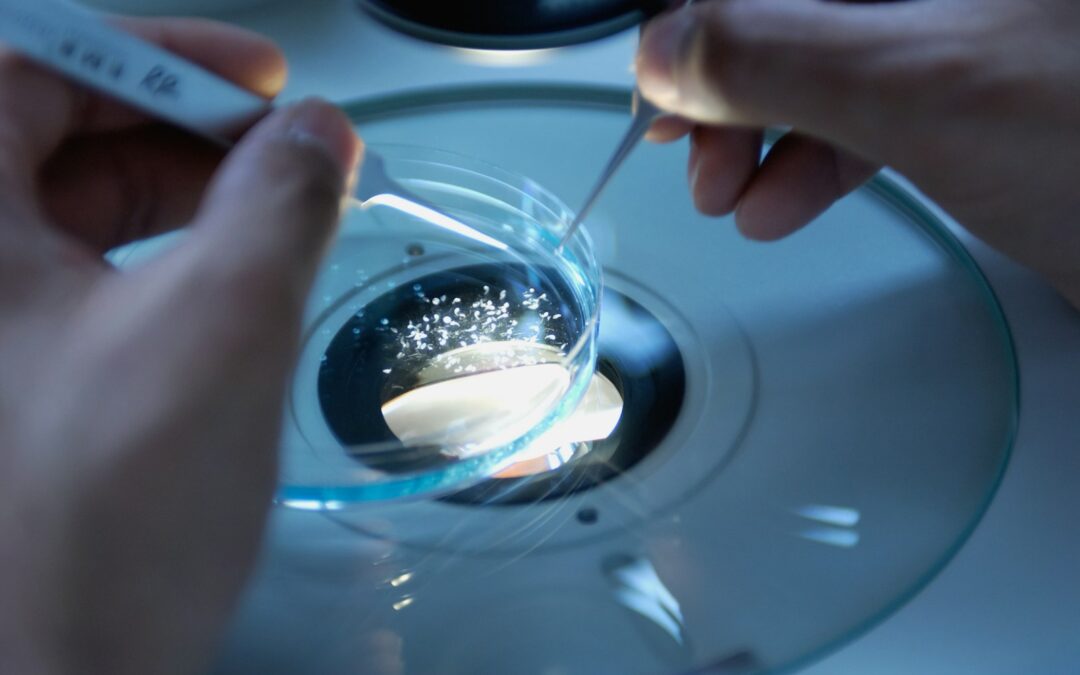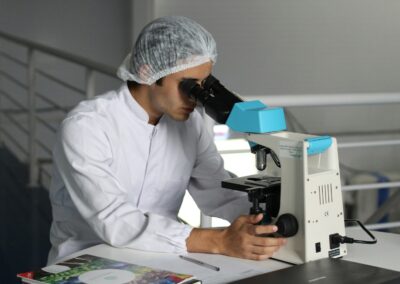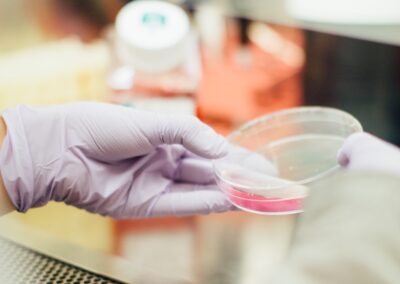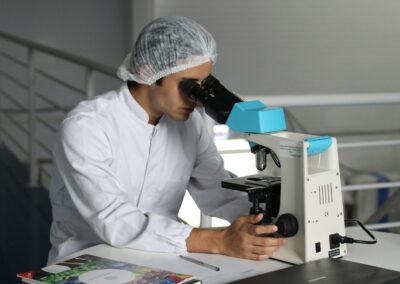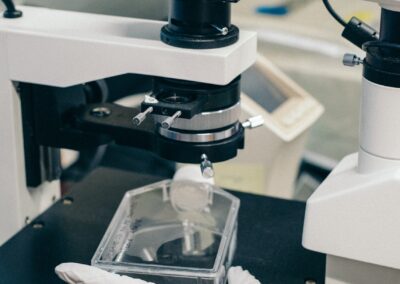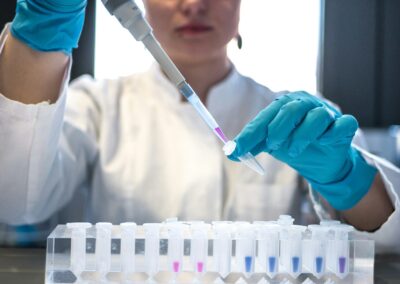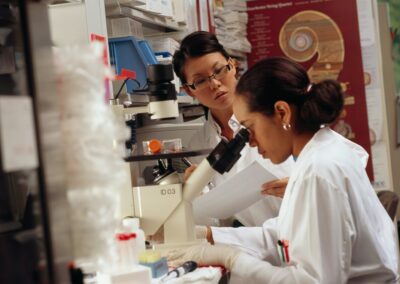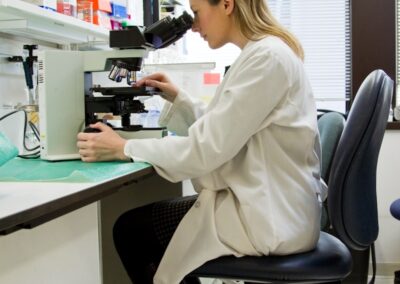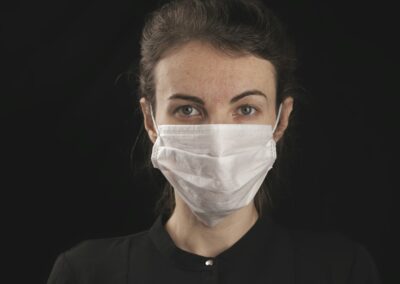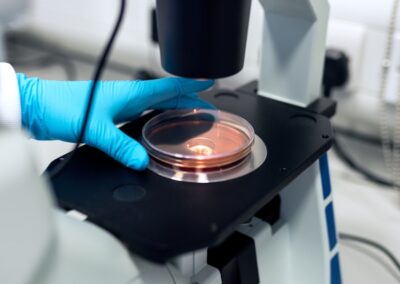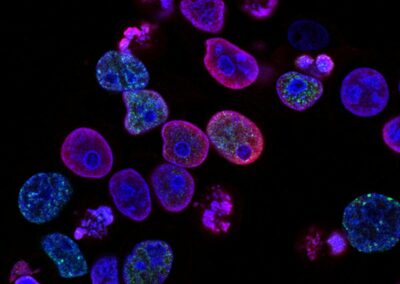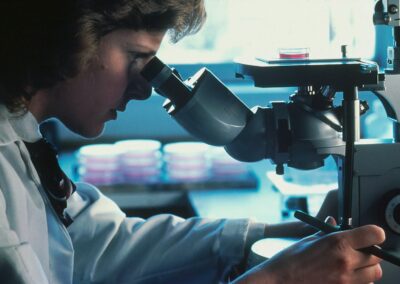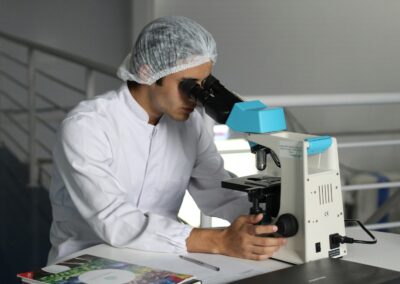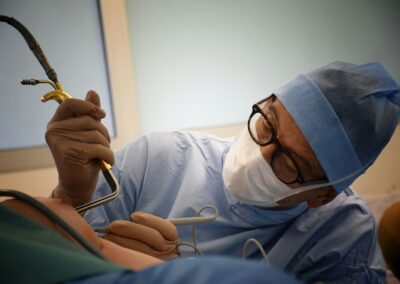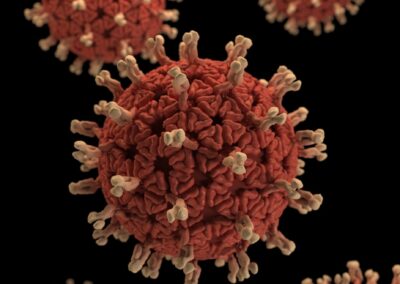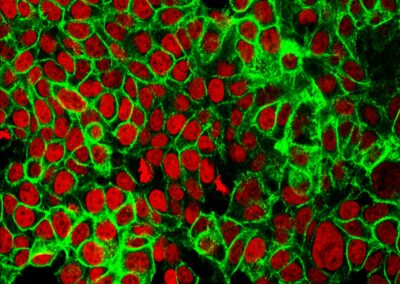Ensuring Ethical Integrity and Regulatory Compliance in Tissue Engineering
Ethical Frameworks in Tissue Engineering
The ethical and regulatory considerations in tissue-engineered products are paramount as this innovative field advances. Researchers in regions like Saudi Arabia and the UAE are at the forefront of developing tissue-engineered products for medical applications, focusing on ensuring that these advancements adhere to strict ethical guidelines. The ethical frameworks guiding tissue engineering address issues such as patient safety, informed consent, and the moral implications of using human cells and tissues.
One of the primary ethical concerns in tissue engineering is the sourcing and use of human cells. Ensuring that cells are obtained ethically, with informed consent from donors, is crucial. Researchers must transparently communicate the purposes for which the cells will be used and the potential risks involved. In Riyadh and Dubai, where there is a strong emphasis on ethical medical practices, establishing clear protocols for cell sourcing helps maintain public trust and adherence to ethical standards.
Additionally, the potential long-term effects of tissue-engineered products must be considered. While these products offer significant benefits, such as the ability to regenerate damaged tissues and organs, there is a need to thoroughly investigate their long-term safety and efficacy. This includes studying the potential for unintended consequences, such as immune reactions or the development of abnormal tissue growth. Researchers in Saudi Arabia and the UAE are leveraging advanced technologies, such as Artificial Intelligence (AI), to predict and mitigate these risks, ensuring that tissue-engineered products are both safe and effective for patients.
Regulatory Compliance in Medical Applications
Regulatory compliance is critical for the successful implementation of tissue-engineered products in medical applications. Regulatory bodies in Saudi Arabia and the UAE are developing comprehensive frameworks to ensure that these products meet stringent safety and efficacy standards. This involves rigorous preclinical and clinical testing, continuous monitoring, and post-market surveillance to identify and address any issues that may arise.
In Saudi Arabia, the Saudi Food and Drug Authority (SFDA) plays a crucial role in regulating tissue-engineered products. The SFDA ensures that these products undergo extensive testing and evaluation before they are approved for clinical use. This includes assessing the quality and safety of the materials used, the manufacturing processes, and the clinical outcomes. By adhering to these regulations, researchers and manufacturers can ensure that tissue-engineered products meet the highest standards of safety and efficacy, protecting patient health and wellbeing.
Similarly, in the UAE, the Ministry of Health and Prevention (MOHAP) oversees the regulation of medical products, including tissue-engineered products. MOHAP’s guidelines emphasize the importance of thorough testing and monitoring, as well as transparency and accountability in the development and deployment of new medical technologies. Researchers and businesses in Dubai and other parts of the UAE must comply with these regulations to ensure that their products are safe, effective, and ethically produced.
Leveraging AI, Blockchain, and the Metaverse
Advanced technologies such as AI, blockchain, and the metaverse are playing an increasingly important role in addressing ethical and regulatory considerations in tissue engineering. AI can analyze vast amounts of data to predict potential risks and optimize the design and functionality of tissue-engineered products. This data-driven approach enhances the safety and efficacy of these products, supporting regulatory compliance and ethical integrity.
Blockchain technology provides a transparent and secure framework for tracking the development and use of tissue-engineered products. By ensuring the traceability and integrity of data, blockchain enhances accountability and compliance with regulatory standards. This is particularly important in ensuring that tissue-engineered products meet ethical and regulatory guidelines throughout their lifecycle. In the technologically advanced environments of Riyadh and Dubai, leveraging blockchain technology supports robust and trustworthy medical innovations.
The metaverse offers new opportunities for virtual collaboration and education in tissue engineering. By creating immersive virtual environments, researchers and clinicians can explore and simulate tissue engineering techniques, share knowledge, and collaborate on complex projects. This can accelerate the pace of innovation and improve the quality of tissue-engineered products. In the forward-thinking cities of Riyadh and Dubai, the metaverse is being leveraged to enhance research and development in tissue engineering, fostering a collaborative and innovative medical community.
#TissueEngineering #EthicalConsiderations #RegulatoryCompliance #MedicalApplications #BusinessSuccess #LeadershipSkills #AI #Blockchain #GenerativeAI #ChangeManagement #ExecutiveCoaching #EffectiveCommunication #ManagementConsulting #SaudiArabia #UAE #Riyadh #Dubai

